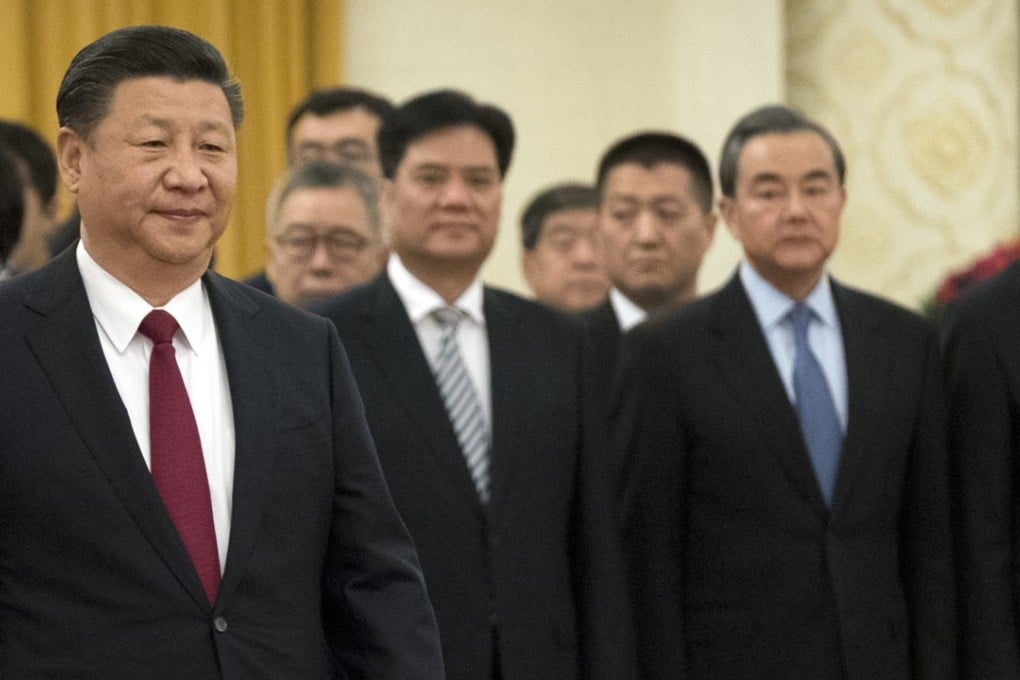Abacus | With term limits move, Xi is setting himself up for failure
There’s a reason US presidents can leave office at the pinnacle of their success, while British prime ministers trundle on until they inevitably fail ...

All political careers, it is said in Britain, end in failure. That may be true in Britain, but if we think about leaders, it is not the case everywhere. In the United States, for example, it is possible for presidents to step down at the pinnacle of their success. Just consider Ronald Reagan, who left office having triumphed peacefully over the Soviet Union in the cold war.
By contrast, British prime ministers generally depart in ignominy. Either they get humiliated at the ballot box, like Gordon Brown after the Labour Party’s 13-year rule, or they get unceremoniously defenestrated by their own party, like Margaret Thatcher after her 11 years in power.
One reason for this transatlantic divergence is that American presidents have term limits on their years in office. British prime ministers do not. In the US, presidents must step down after a maximum of two four-year terms in the White House. In Britain, prime ministers tend to stay in the job until involuntarily ousted. That is why their careers inevitably end in failure.
Now, by scrapping term limits on China’s presidency, Xi Jinping has made it a great deal more likely that his own political career will end in ignominious failure.

The standard Xi will be judged by is whether he can realise his “Chinese dream” of the “great renewal of the Chinese nation”. This is usually described nebulously as building “a great modern socialist country”. But Xi’s objective is clear: he wants China to become a global economic, political and military superpower.
